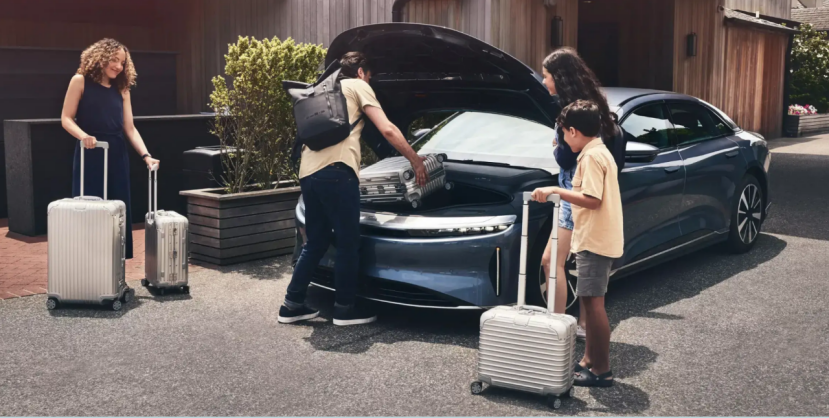According to Bloomberg, Marc Winterhoff, the interim CEO of American electric vehicle manufacturer Lucid Motors, warned on July 14 that the tariff policies implemented by former President Trump would increase car manufacturing costs, even for vehicles produced domestically in the U.S. During an interview with Bloomberg Television, Winterhoff stated that the global supply chain system in the automotive industry means that even domestic manufacturers still need to import raw materials and some components from other countries. He remarked, "Under the tariff policy, American consumers will face higher car prices, which is unavoidable. The existence of the global supply chain is a necessity." Lucid is working to reduce costs through localizing its supply chain, especially for the raw materials used in lithium-ion batteries. In June, Lucid reached a long-term supply agreement with Graphite One to procure domestically sourced graphite, further strengthening Lucid's local supply chain for critical raw materials and resources. Graphite is essential for achieving fast charging performance as a key component of lithium-ion batteries. Since 2022, Lucid has partnered with Panasonic Holdings, which supplies battery products, including the widely used 2170 battery for electric vehicles. Winterhoff noted that before the implementation of Trump's tariff policies, the economic benefits of this partnership were reasonable, as the Advanced Manufacturing Production Credit (AMPC) under the U.S. Inflation Reduction Act effectively reduced costs. Currently, Lucid is collaborating with Panasonic to explore ways to procure more battery raw materials domestically. At the opening ceremony of Panasonic's new battery factory in De Soto, Kansas, Winterhoff mentioned that Lucid would not begin using batteries produced at this new facility until next year. He stated, "I still need to point out—and hope Panasonic can hear this—that there is still room for improvement in our products; but under the current tariff backdrop, this remains a wise move for us." Additionally, in June, Winterhoff called for the extension of the $7,500 U.S. electric vehicle tax credit until 2026, stating that it would be relatively fair for new entrants like Lucid, as established automakers have enjoyed this policy for many years.
Lucid Motors CEO Warns of Rising Car Costs Due to Tariffs

Share this post on: